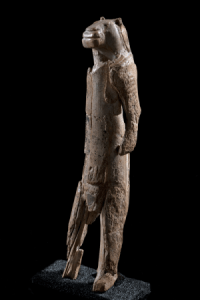Justin E. H. Smith in his blog:
 Often, in the study of past human and natural processes, the realisation that we have no evidence of something, and therefore no positive knowledge, transforms too quickly into the conclusion that because we have no positive knowledge, we may therefore assume the negative. Sometimes this conclusion is correct, but it cannot be applied indiscriminately. To cite one interesting example of the correct and useful refusal to apply it, in recent probabilistic reasoning about extraterrestrials the absence of any direct evidence for their existence is taken as irrelevant to whether we should believe in them or not. Drake’s equation is more powerful than radio signals or space ships in shaping our beliefs.
Often, in the study of past human and natural processes, the realisation that we have no evidence of something, and therefore no positive knowledge, transforms too quickly into the conclusion that because we have no positive knowledge, we may therefore assume the negative. Sometimes this conclusion is correct, but it cannot be applied indiscriminately. To cite one interesting example of the correct and useful refusal to apply it, in recent probabilistic reasoning about extraterrestrials the absence of any direct evidence for their existence is taken as irrelevant to whether we should believe in them or not. Drake’s equation is more powerful than radio signals or space ships in shaping our beliefs.
In palaeontology and palaeoanthropology, the signals that do come down to us in the present are usually the result of contingent, singular events that could have failed to occur. Any individual object that survives erosion or decomposition from the distant past is an exception, and needs to be understood as such. A corollary principle worth adopting in these fields holds that the earliest found artefact of a given sort cannot be the earliest artefact that ever existed of that sort. As an individual object, it is exceptional, but it justifies the presumption of a large class of absent objects to which it belongs or belonged, and in relation to which it is not at all exceptional.
More here.
